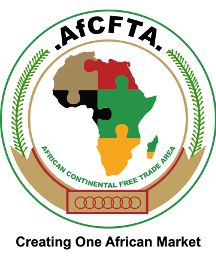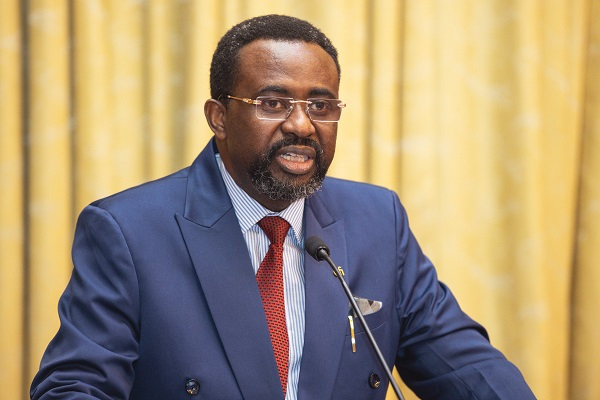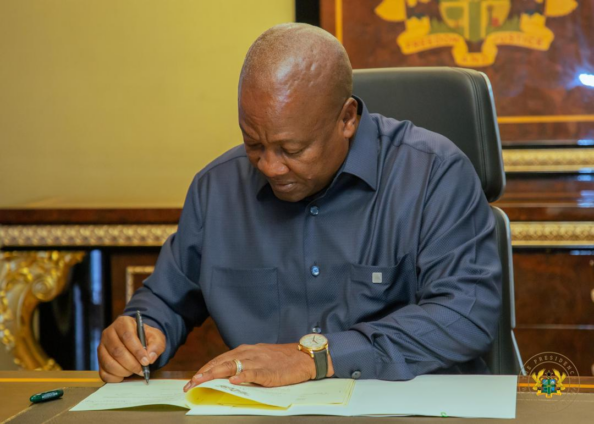Experts and policymakers have called for the realization of greater intra-African trade through the effective implementation of the African Continental Free Trade Area (AfCFTA) and the removal of trade barriers to better withstand and navigate the challenges posed by “ever-growing” global uncertainties and disruptions in international trade.
This came during the April 21-22 high-level regional conference on the promotion of special economic zones (SEZs), which was organized by the AfCFTA Secretariat, in Djibouti City, the capital of Djibouti. Addressing the conference, Wamkele Mene, secretary-general of the AfCFTA Secretariat, emphasized that, amid current global challenges and trade disruptions following the U.S. imposition of tariffs, the African continent must turn the challenges into opportunities by effectively adapting to the new global situation and developing a stronger intra-African trade system. “Resilience is very relevant, given the current global trade context following the imposition of tariffs on all African countries,” he said. “We know that African countries will be negatively impacted by the imposition of these tariffs, mainly those countries that export to the United States under the African Growth and Opportunity Act (AGOA).”
AGOA is a non-reciprocal trade arrangement designed to support development in African countries by providing preferential access to U.S. markets. Since its enactment in 2000, it has been at the core of U.S. economic policy and commercial engagement with Africa, providing eligible sub-Saharan African countries with duty-free access to the U.S. market for over 1,800 products. “We are indeed navigating a very challenging global landscape that requires strategic responses and demands that we double down on economic resilience and diversify our export markets,” Mene said. He emphasized the imperative of building greater continental trade connectivity, saying it will meaningfully contribute to building resilient economic opportunities by ensuring that no country is left behind in the prosperity that is promised by the AfCFTA.
\African Union Commission (AUC) Chairperson Mahmoud Ali Youssouf, on his part, warned that global trade is “severely disrupted. The fear of a trade war between the major trading nations is raising doubts, uncertainty, and unpredictability, threatening the great balances, and affecting the rules of the World Trade Organization.” Acknowledging that a tariff war “undermines the liberal, globalized economic system,” the AUC chief warned that the most vulnerable economies, including those of African countries, will be the most affected as a result of such global trade disruptions. He called on African countries to augment collective efforts in building economic and trade resilience, mainly through the promotion of an efficient intra-African trade, stressing that the effective operationalization of the continental free trade agreement and its mechanisms will help facilitate greater intra-African trade, eventually realizing Africa’s much-needed holistic development. “Cross-border free trade zones, free ports, regional and trans-African corridors, virtual digital trade platforms, and other initiatives need to be considered in order to build the desired common African market, with the ultimate ambition of realizing Agenda 2063 and achieving the Africa we want: an integrated, peaceful, and prosperous continent,” said the head of the 55-member pan-African organization.
Experts and policymakers at the meeting explored how SEZs can deliver on the AfCFTA’s promises in accelerating intra-African trade and boosting Africa’s trading position in the global market by strengthening the continent’s common voice and policy space in global trade negotiations. As a flagship initiative under the AU’s Agenda 2063, the AfCFTA agreement is an ambitious trade pact that aims to transform Africa into the world’s largest free trade area. When fully implemented, the continental free trade accord is expected to create a single market for goods and services for about 1.4 billion people across Africa, with a combined gross domestic product of 3.4 trillion U.S. dollars, according to the AU. Enditem
Source: Xinhua
Share Us



